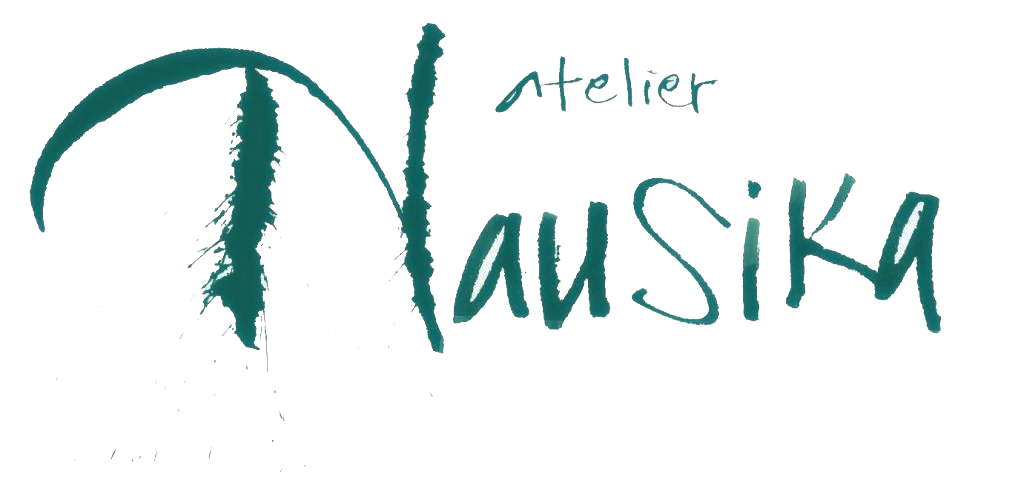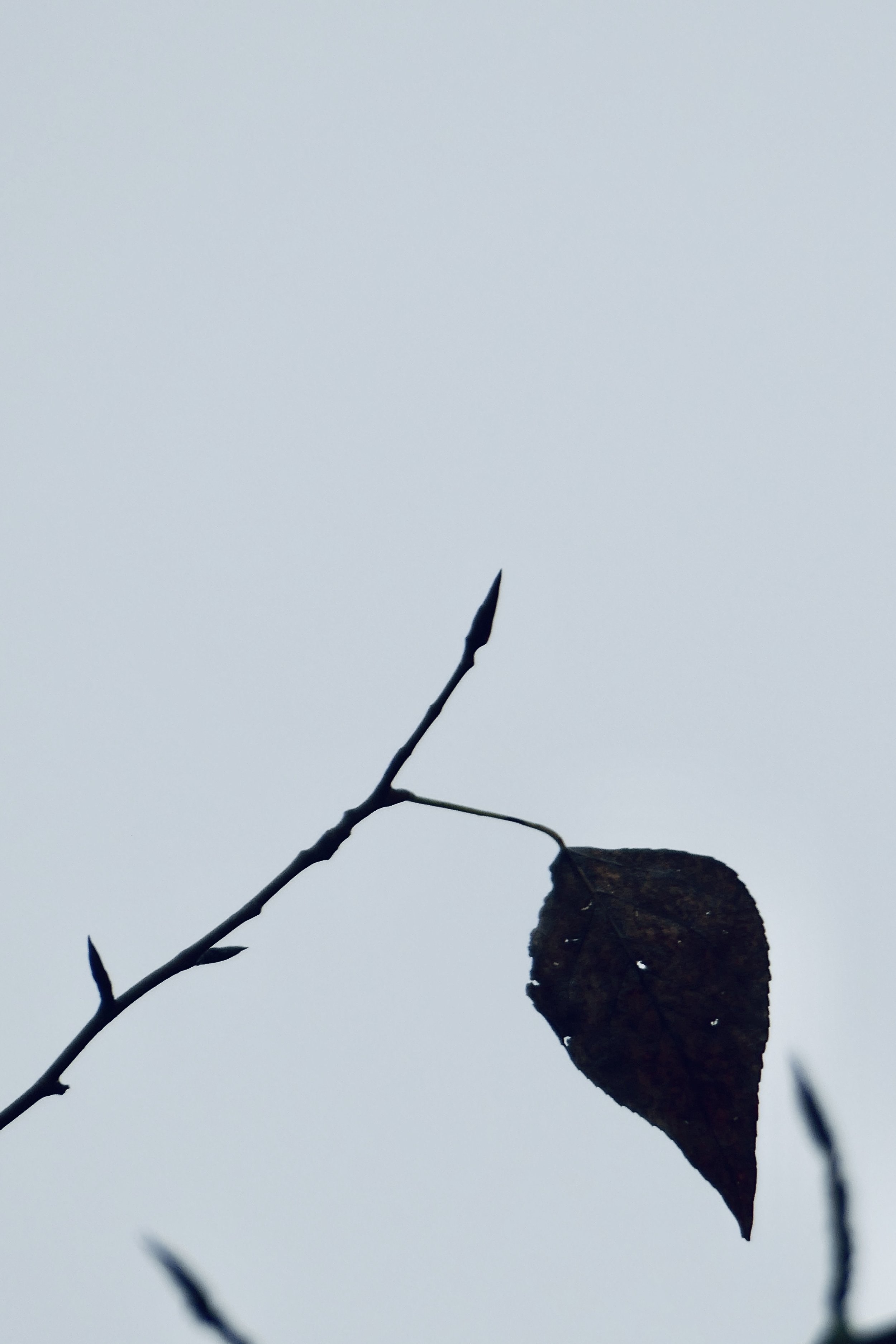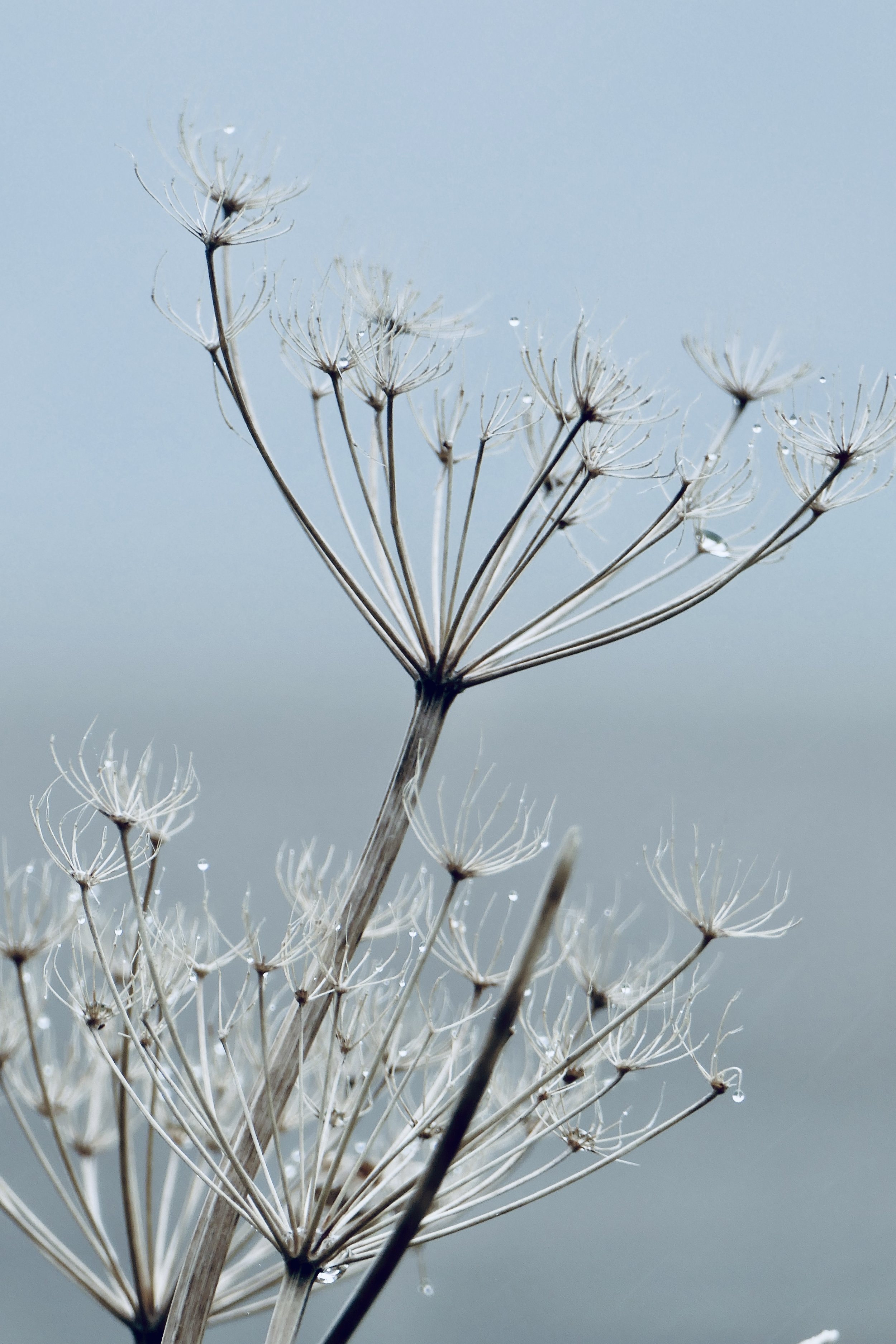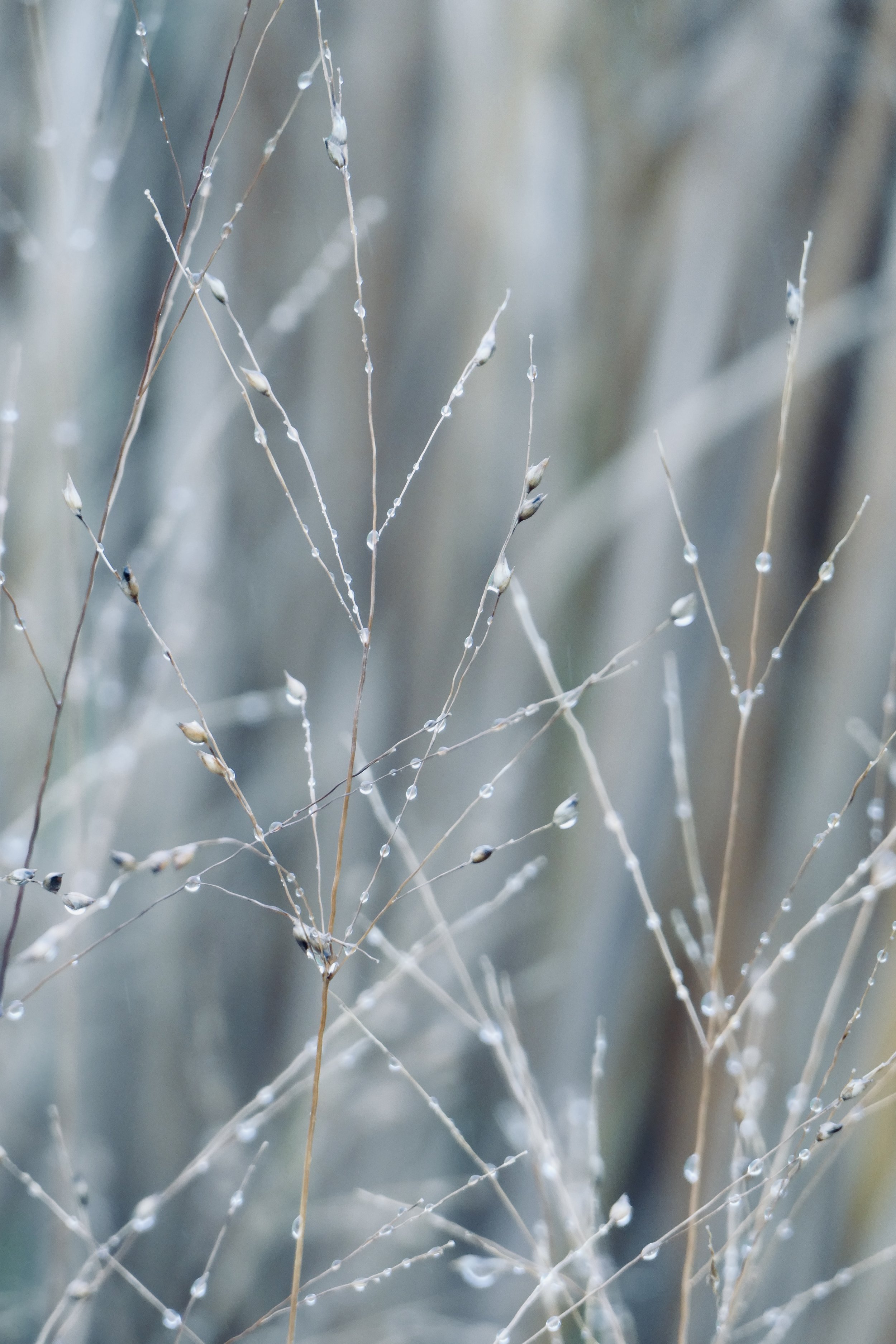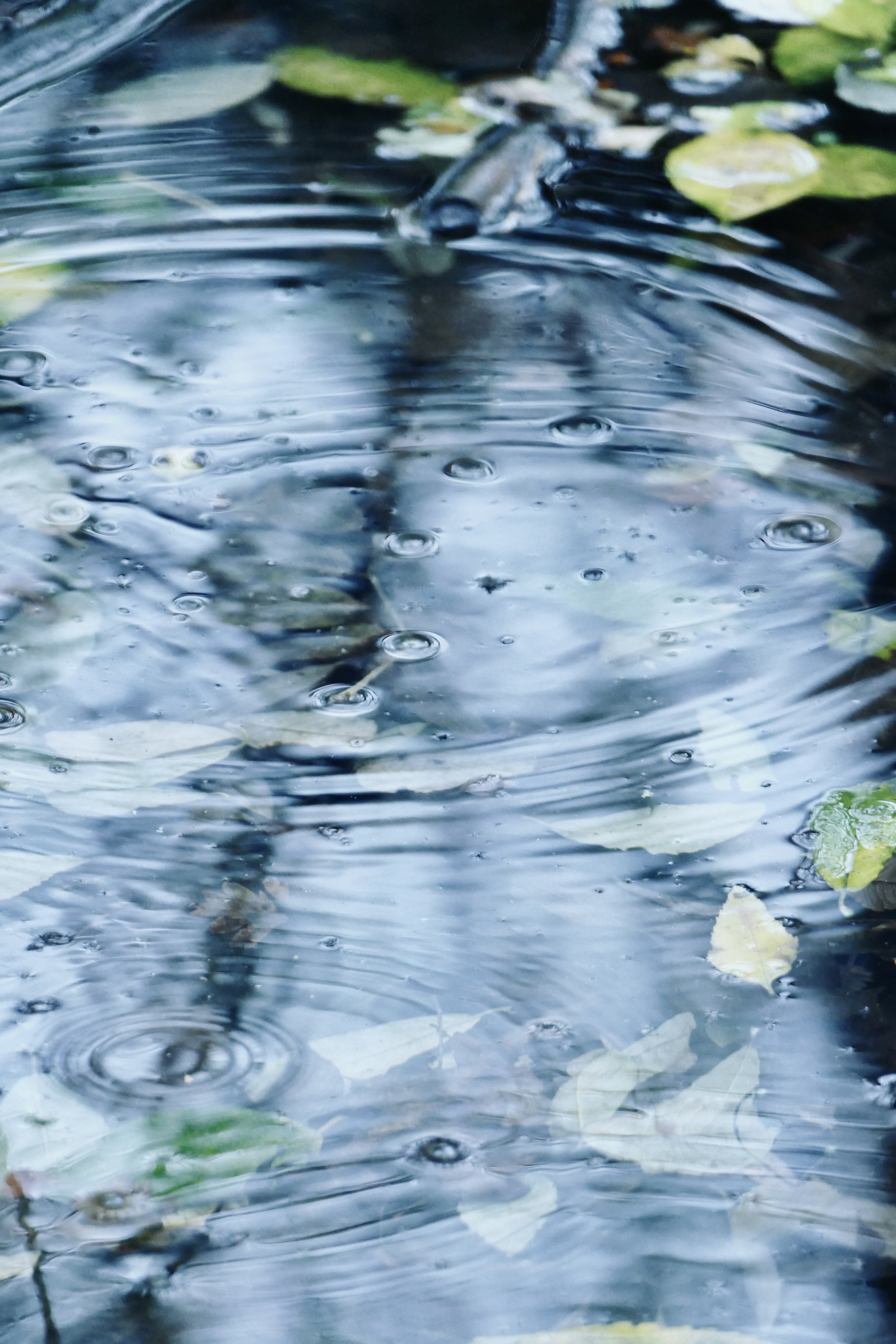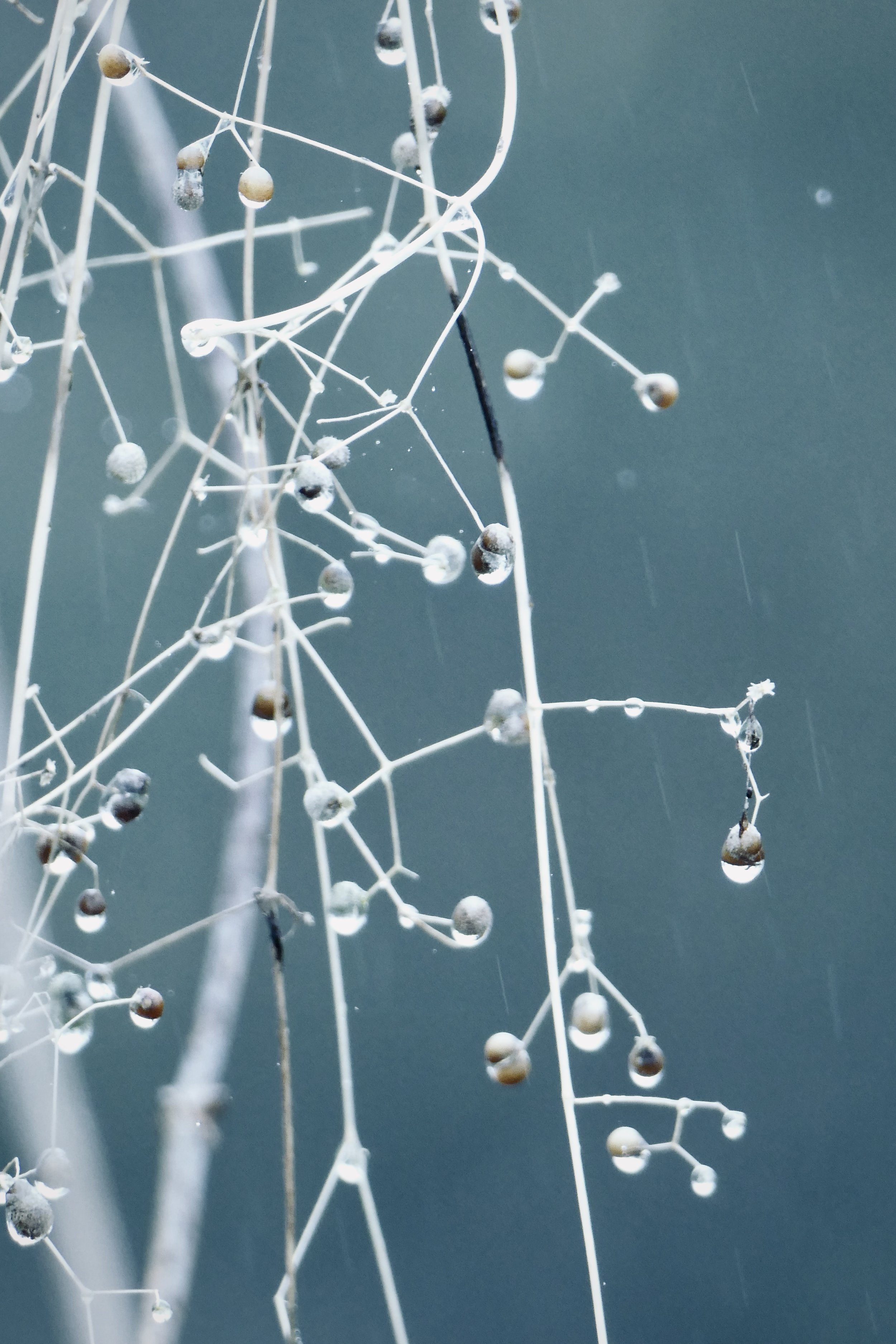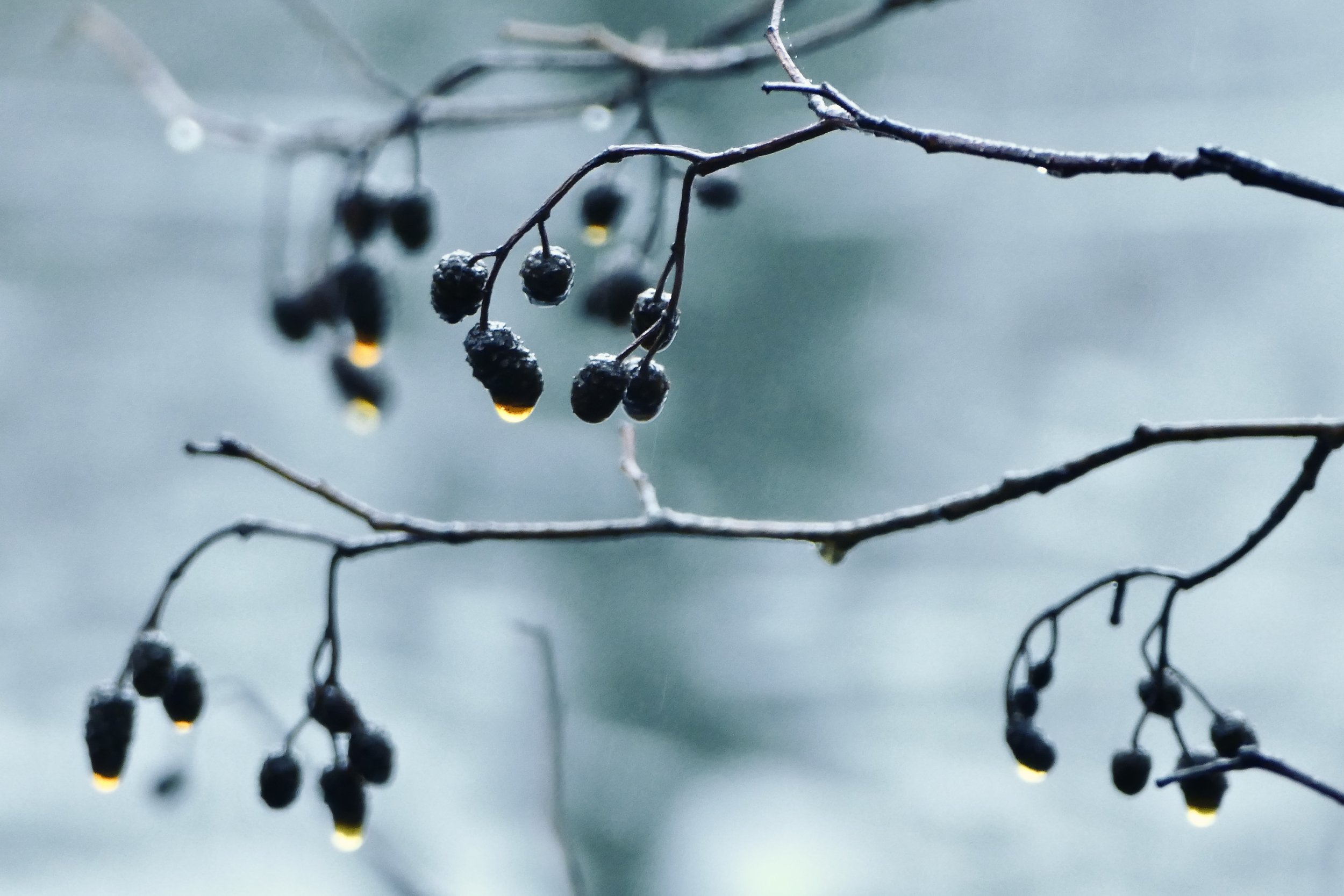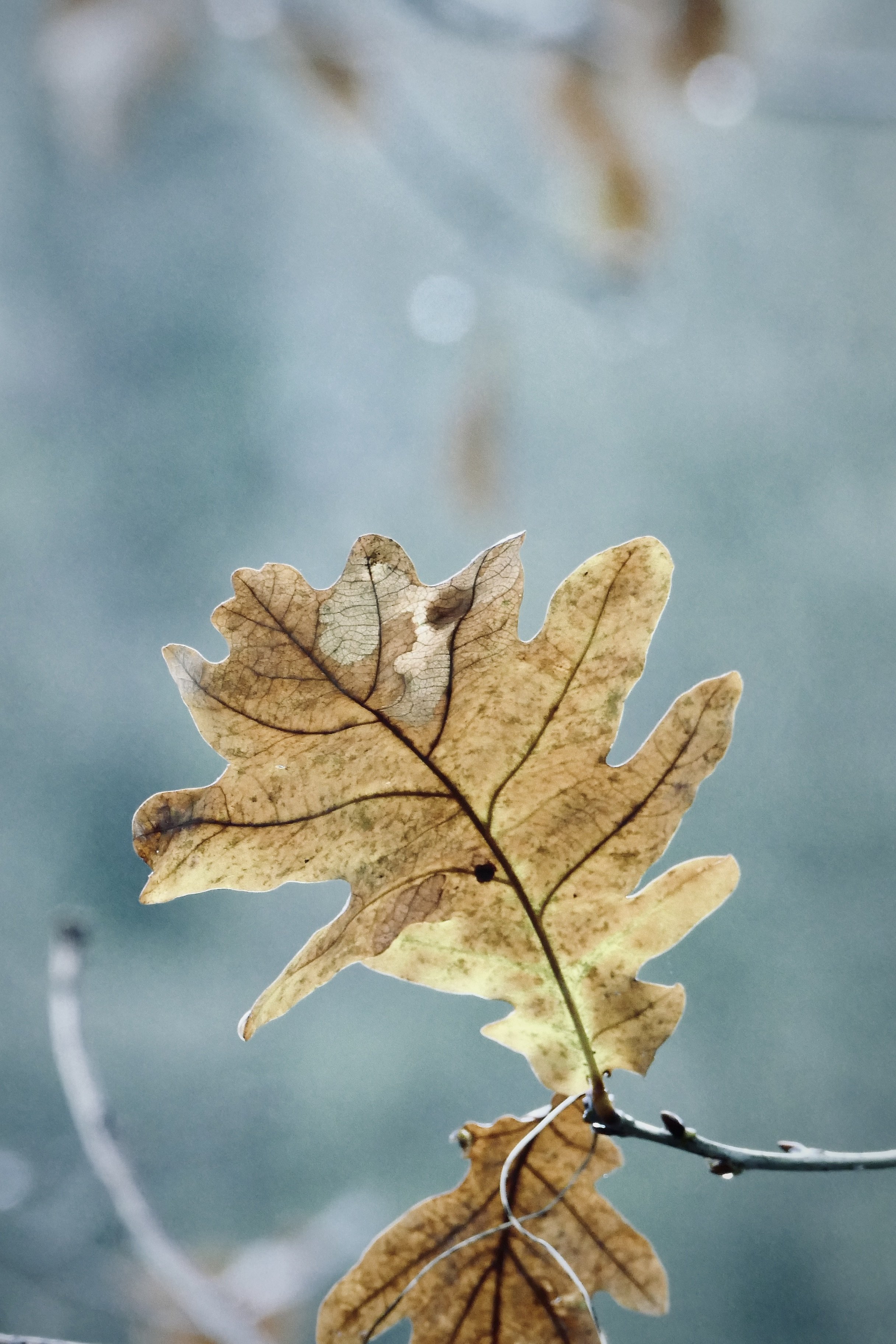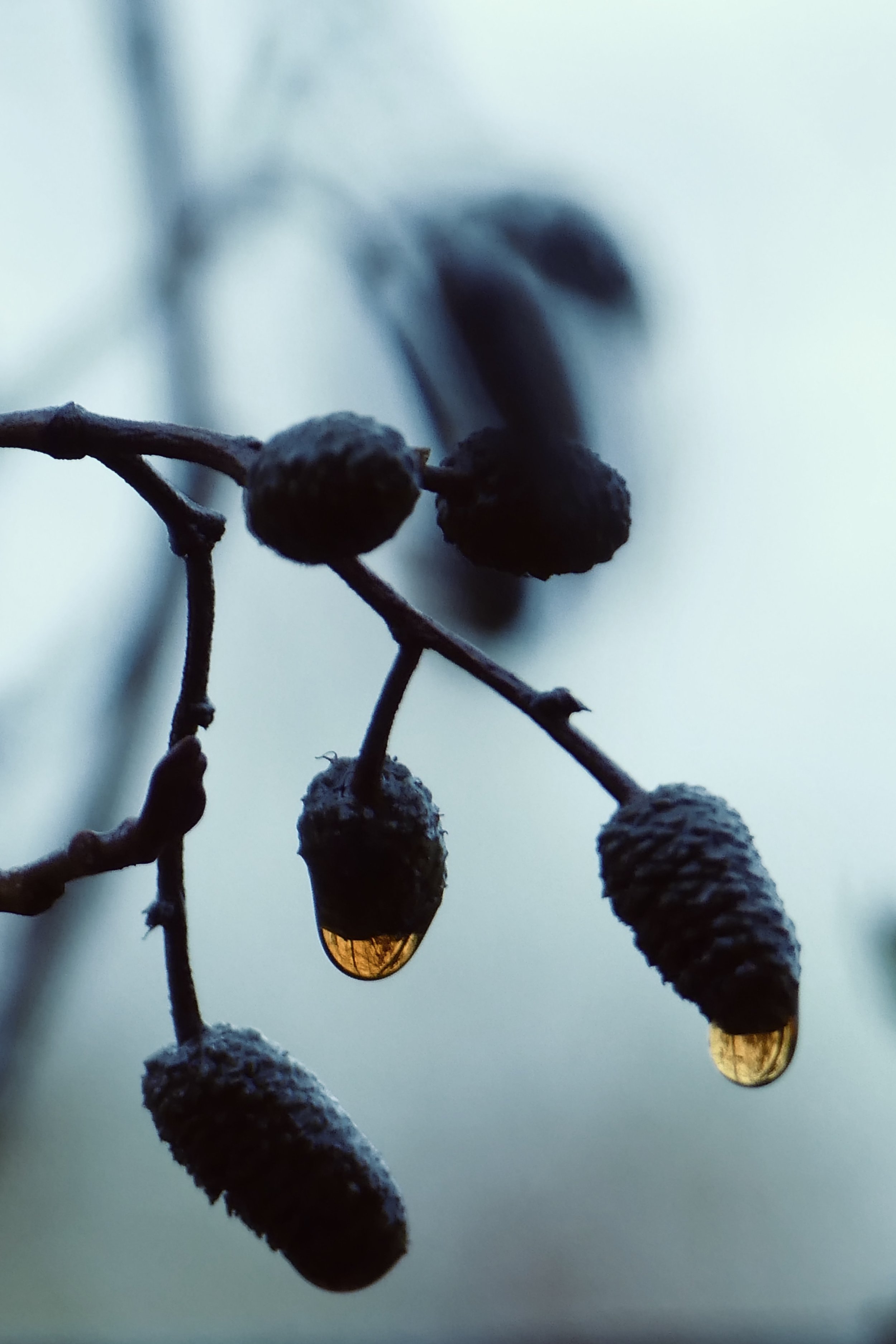About rest, winter and hibernation
How are you doing? How are you really doing? I wish I could sit beside you to listen and hear your answer. Because it's an important question we need to ask ourselves once in a while, don't you think so too? It can be hard to give an honest answer as we don't always exactly know how we're doing or feeling. But our body can't lie and is therefore an important source to help us to answer this question.
I really hope you're doing fine! But I also realise our lives are often filled with worries, sadness, loneliness, incomprehension, tiredness, exhaustion and much more tough feelings. Especially during the winter season and the days prior to Christmas.
If I'm honest I have to admit I've been very tired and stressed these last autumn months. It has been a busy year and I have underestimated the impact of it on my daily functioning. I'm a high-sensitive person and these last months it felt more like a heavy load than a gift. It seems my body is sending me clear signals I'm having too much stress and I have to take them seriously in order to not getting a burn-out.
So it's time for me to make some decisions and changes in my life.
I can write a lot about the impact of our current society on our stress level and the daily stimuli we have to undergo. Especially high-sensitive persons experience many stimuli and it takes a lot of energy and time for us to process them.
But in this blogpost I want to focus on the antidote for stress. I'm going to try to apply the following suggestions into my own life too. It feels like I'm going into hibernation to give my body and mind a much needed rest in order to recover my over stressed nervous system.
I hope it might help you too in some way and that you might benefit from it during the coming winter season, which is a season of rest and hibernation after all.
Parting meaningless from meaningful stimuli: Knowing what's important for you and what's not. Focussing on the important tasks.
I've decided to take a break from Instagram and won't use it or post for at least one month. Taking the time to rest or read instead.
Regulating your attention: Try to avoid or limit distraction and to focus on one task at the time. So no more multitasking. Especially for high-sensitive persons multitasking is disastrous and energy-consuming. It will ask discipline but I'm sure it's worth the reward!
I have to admit this will be a difficult one for me as I'm used to do as much as possible at the same time. Even when I'm working on the computer I'll have a lot tabs open and easily switch between them. But in the end it's hard to even have one task finished properly. It's definitely not efficient!
I will also try to check my email only 2 times a day on a fixed moment instead of checking it regularly during the day.
Moving and spending time in nature: Scientific research has proven many times the benefits of spending time in nature. Even 30 minutes is enough to improve your mood, to reduce your stress level, to increase your creativity and to improve your attention and memory.
So I'll make sure I will either go for my morning run or a walk in nature or work in my garden every day.
4. Making sure to get enough rest: Taking a break every now and then, trying to get a good sleep, taking a moment to let your mind wander, doing some breathing exercises. Turn your back to overload and just do nothing more often. Put away your phone and let your mind and body rest from all the stimuli.
Resting is essential if you want your body to recover from stress. I find this hard because a break seems unproductive. But I'm slowly learning that I feel much energised after a small break and I still can have the same amount of work done. So it's really not a waste of time, on the contrary!
5. Starting the day at a slow pace: There's no need for productive morning routines. Making a wish-list instead of a to-do-list. It's a much friendlier way to start your day and it helps to be kind to yourself when you can't tick off all the boxes on your list. Furthermore you can also add things you find important and necessary for that day. It can be just an extra break with a cup of tea and a good book or a moment to knit or to puzzle.
Some ideas for a slow morning routine I'd like to do:
leave my phone off: I don't want to start my day with too much stimuli that can bring me out of balance.
lighting a candle over breakfast: a simple but cozy routine in the morning
start the day with something I like: making myself a cup of tea and read an inspirational book or writing in my diary or making a wish- list. It provides an overview and more calmness.
going outside and move: making a walk, going for a morning run, feeding the birds or doing some chores in the garden.
6. Doing everything with our full attention: I've been reading again about the Benedictine rule of life and I still have to learn a lot to bring this into practice. Many aspects of this rule comes down on a sacred and calm rhythm to live our lives. Our work will thrive at our attention and we too. (This also includes no multitasking!)
Quietness, simplicity and beauty will help us to be in the moment and to do our work with attention.
“The best thing one can do when it’s raining is to let it rain.”
I wish you a calm winter season with rest, cozy moments, time to spend outside and breathe in the fresh air!
